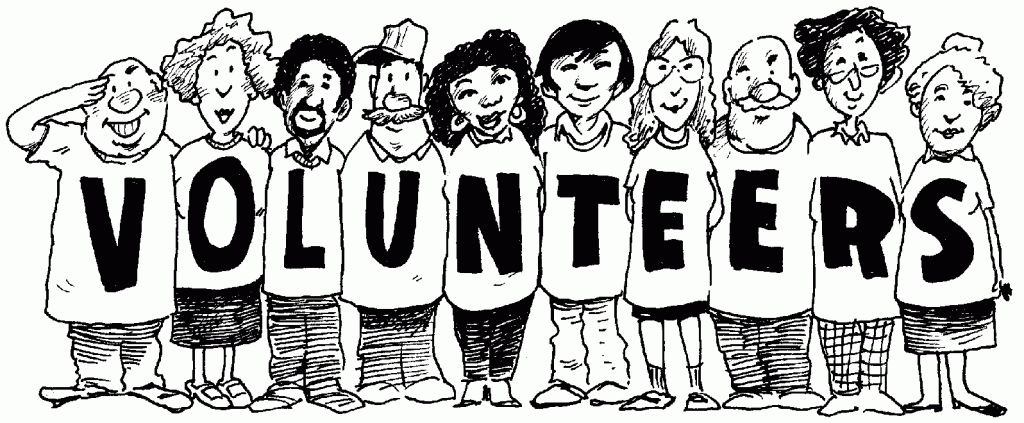
**EARN 4 SERVICE-LEARNING HOURS THIS SATURDAY!**
Lend a hand to the lands! September 29th (this Saturday!) marks the 20th anniversary of National Public Lands Day—the nation’s largest single-day volunteer effort for public lands. The BCC Green Team, in collaboration with the BCC Service Learning Office and the Berkshire National Resources Council, has organized an event to clear and build trails at the Mahanna Cobble Reserve in Lenox, MA.
What: Trail Work for National Public Lands Day
When: Saturday, September 28, 2013 from 10 a.m. to 2 p.m.
Where: Mahanna Cobble Reserve, 144 West Mountain Road, Lenox, MA
- Please bring your own water and food
- Wear long pants and sturdy shoes
- Tools and gloves will be provided!
- The work is light, but the terrain is steep – plan accordingly!
Email Mary Parkman, mparkman@berkshirecc.edu, by Wednesday, Sept. 25th to reserve your spot.
**RESERVE YOUR SPOT BY WEDNESDAY, SEPTEMBER 25**
Directions and Parking:
Carpooling is appreciated and encouraged (the parking is limited and carpooling is GREEN). West Mountain Road is on the right just south of Arizona Pizza on Route 7. 144 West Mountain Road is about 0.7 miles from Rt. 7; please park on the shoulder of the driveway near the gate.
A Wee Bit o’ Back Story:
National Public Lands Day (NPLD) is the nation’s largest single-day volunteer effort for public lands. NPLD brings together over 175,000 individual and organizational volunteers to help restore the country’s public lands. These public lands are places that we use for outdoor recreation, education, and enjoyment. These lands include national parks, monuments, wildlife refuges, forests, grasslands, marine sanctuaries, lakes, reservoirs, and more!
Last year, NLPD volunteers at over 2,200 sites across the country did the following: collected 23,000 pounds of invasive plants; built and maintained over 1,500 miles of trails; planted 100,000 trees, shrubs, and other native plants; and removed approximately 500 tons of trash. This work, done in one day, contributed an estimated $18 million in services.
For more information, visit http://www.publiclandsday.org/
NPLD 20th Anniversary




